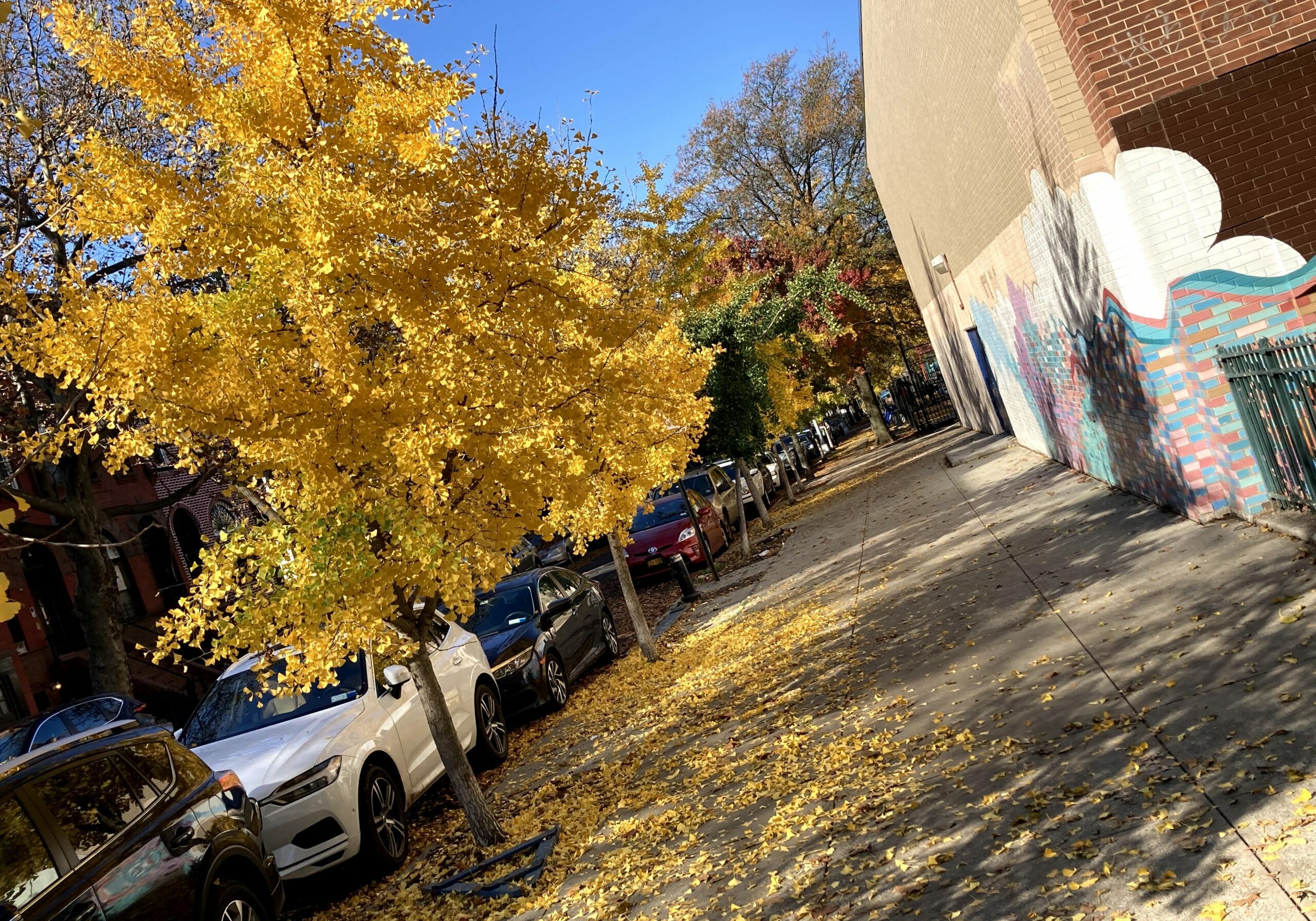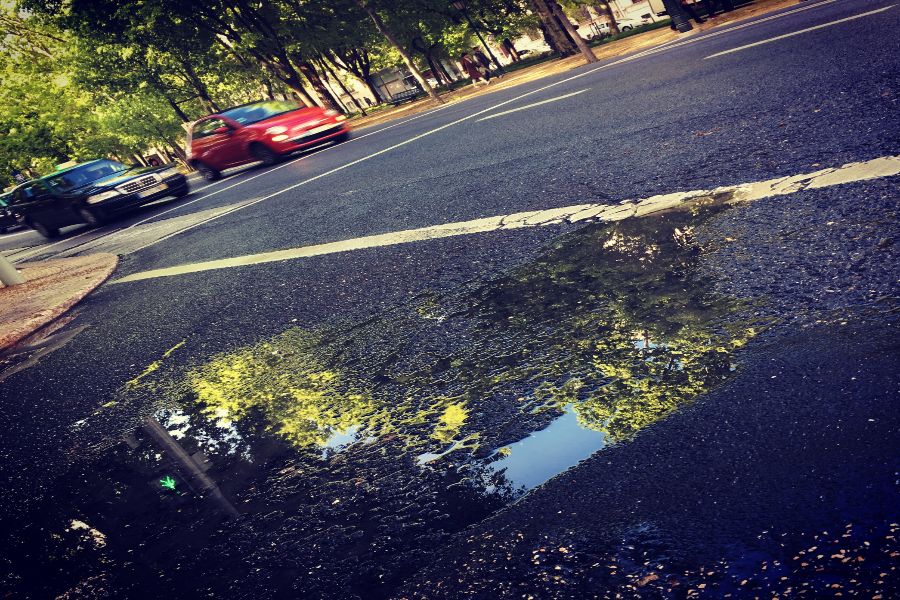May 9, 2023
Snacking insatiably on addictive but nonvaluable information

There was a popular advertising campaign during the eighties and nineties that was a key a part of our country’s war on drugs.
Just say no.
Many of us will never forget those three words. Championed by the first lady, this program aimed to discourage children from engaging in illegal drug use by offering various ways of saying no.
I vividly remember the posters, swag, slogans, commercials, school assemblies and public service announcements for the campaign. This meme made its way into every part of our culture including sitcoms, music videos and political speeches.
But famously, this campaign became somewhat of a punchline. Parents were concerned that it increased public awareness of drug use, which it almost certainly did. Credible research showed that certain students were actually more likely to do illegal drugs if they went through the program. And many critics called the campaign simplistic and reductionist, suggesting just say no inflamed fears, increased stigma and labeled doing drugs as immoral choice.
My favorite part was when my friends would wear all of their just say no shirts to people’s house parities, and then proceed to smoke pot. One guy on my football team actually used his anti drug pamphlet as rolling papers for his joint. You can’t beat that kind of adolescent irony.
Interestingly enough, while the campaign was viewed as controversial and a misuse of tax dollars, it legitimately worked on me. Those three words laid down some kind of neural pathway that stuck for the rest of my life.
Call me square, but the whole concept of just saying no made perfect sense to my brain.
Of course! If somebody is pressuring you to do something that you don’t want to do, something that could potentially harm you and others, just say no. What a simple and empowering boundary.
In fact, it’s not even about drugs. Drugs happened to be the nation’s enemy dujour for period in history, but the larger principle has broad applicability across numerous areas of life.
Personally, I’ve always believed that people should be free to smoke and snort whatever they want to their heart’s desire, but that’s just me.
The real lesson here is about the decision making filters we use to make our lives better. We can use tools like selective indifference and conscious consumption that turn abstinence into our advantage.
The example that’s fitting to modern times is information. Forget about crack cocaine, there ain’t nothing cheaper, faster, more ubiquitous, less nutritious and more addictive than information.
Berkeley’s research found that the search for information accesses the same neural code as the search for money. Psychologists say that to the brain, information is its own reward, above and beyond whether it’s useful. We are essentially addicted to nonvaluable information on which we snack insatiably.
But while the human race hungrily sought information to maximize the odds of survival in the past, easy access to useless information now leads to an overload. Considering all the doom and gloom, fake news, misinformation, public criticism and conspiracy theories that have been trending up in recent years, we would do ourselves a service if we just said no to the ideas we allow into our brains.
Imagine how much unnecessary anger, stress, cynicism and fear we could eliminate from our daily headspace, just by saying no. All that digital smoke out there that fills us up without the distracting burden of nourishment, we could make a decision to put an embargo on the whole lot of it.
Trusting that we are better off without it.
Accepting that most things not only have zero immediate value, but not identifiable future value as well.
We could call the vast majority of the content out there for what it really is, which is somebody pressuring us to do something that we don’t want to do, that could potentially harm us and others.
Now, in order to do so, we’d first have to admit that information has become our most prominent addiction.
And our culture may not be ready to do that yet.
How are you using abstinence to your advantage?

